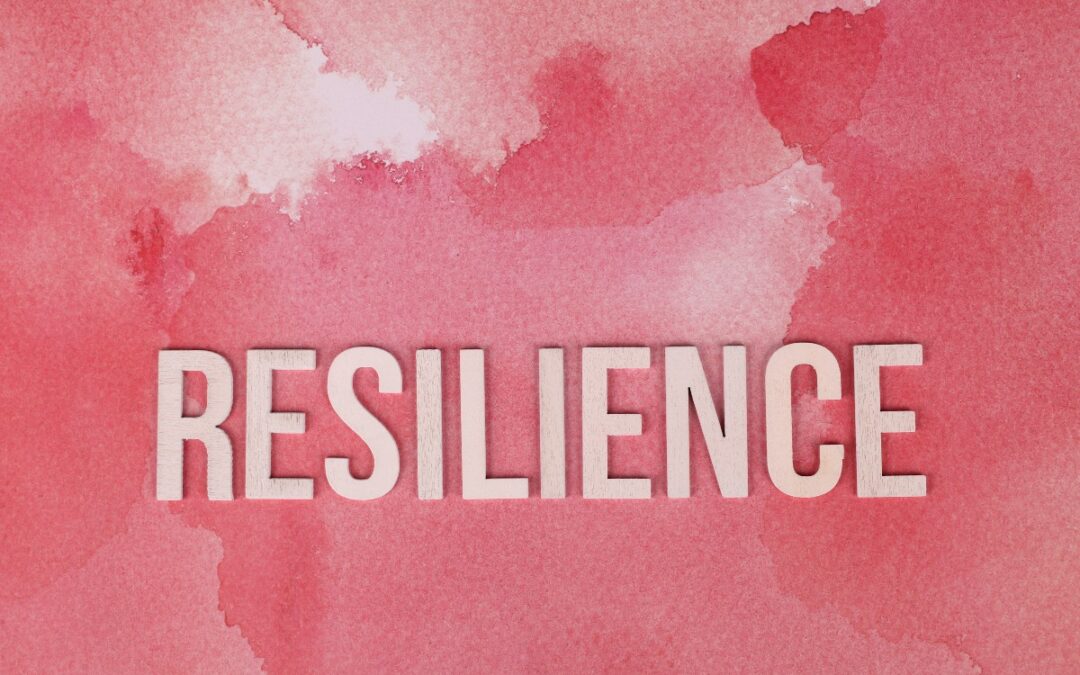As you start your recovery journey from substance use disorder (SUD), you are well aware that it will be challenging. Undoubtedly, you have already encountered obstacles on this journey but are determined to push through and overcome them. The ability to keep pushing forward despite obstacles and frustrations is called resiliency. Resiliency is key for long-term recovery.
What Is Resiliency?
Resilience refers to our capacity to adapt to difficult or stressful circumstances. It allows us to persevere through setbacks or difficulties and meet challenges head-on.
Resiliency plays an essential role in recovery by helping us overcome barriers, cope with stressors more efficiently, and maintain sobriety over time. Being able to bounce back from setbacks is essential in recovery. When we are resilient, we turn relapse from failure into a learning opportunity that helps us maintain sobriety going forward.
If you feel you struggle with resiliency, don’t worry! Resiliency isn’t something people are born with. It must be learned with practice and hard work. Developing a growth mindset about resiliency is a helpful first step. Understanding how to develop self-compassion and regulate your emotions are further ways to grow in resiliency.
Cultivating Resiliency by Increasing Self-Compassion
One of the two core aspects of resiliency is self-compassion. Self-compassion involves treating yourself with kindness and understanding. It means understanding that you will make mistakes. Choosing self-compassion means accepting your imperfections without judgment or condemnation.
In recovery, self-compassion does not portray sobriety not as a task at which you succeed or fail. Instead, self-compassion understands recovery as a lifelong journey, which will include personal growth through its detours, obstacles, and frustrations.
Self-compassion allows us to overcome the shame and guilt of past errors. Otherwise, these feelings can prevent progress forward. It is essential to forgive past transgressions that might hinder your recovery efforts altogether.
How to Develop Self-Compassion
By developing self-compassion, you are one step closer to cultivating resiliency. Of course, the abstract nature of self-compassion can leave you confused about how to pursue it. Fortunately, the following specific techniques can help you actively grow in self-compassion.
#1. Be Aware of Your Thoughts
Start building self-compassion by becoming aware of and challenging self-critical thoughts.
When you notice these thoughts, take a moment to consider if speaking this way would make any difference if spoken directly at someone else. If not, try reframing your thinking in a constructive way.
For example, instead of telling yourself, “You failed again and always will,” tell yourself what you can do differently in the future. Remind yourself that you’re learning and growing. Choose to show yourself kindness and patience as you would to any friend or loved one.
#2. Engage in Self-Care
Self-compassion can also be developed through self-care practices. Self-care involves taking steps to improve or maintain your physical, mental, emotional, and spiritual well-being. This could include exercising regularly or eating nutritiously, sleeping enough hours each night, and engaging in hobbies that bring you joy.
Self-care plays an essential part in recovery. It allows you to manage stress effectively and take care of your body, mind, and spirit.
#3. Utilize Mindfulness
Practicing mindfulness can also foster self-compassion. Mindfulness involves paying attention to the present moment without judgment and acknowledging and accepting your thoughts and emotions without resistance.
These practices allow people to develop more compassionate attitudes toward themselves and their life experiences.
Cultivating Resiliency by Regulating Emotions
The second essential aspect of resiliency lies in developing skills to manage intense emotions during recovery. These emotions may include anger, sadness, and anxiety. Acquiring the tools to manage these emotions effectively is crucial, as these feelings may trigger cravings or lead to increased risks of relapse.
#1. Utilize Relaxation Techniques
Relaxation techniques are an immediate way of managing intensified emotions. Deep breathing, meditation, and yoga are among several effective relaxation practices that can be employed to relax the mind and ease tension. Grounding techniques can also be helpful.
These practices can provide necessary relief when you need it most.
#2. Try Cognitive-Behavioral Therapy
Cognitive-behavioral therapy (CBT) is a long-term strategy for emotional regulation. It helps you recognize and change negative thought patterns which contribute to chronic emotional distress.
CBT can help you to develop a more realistic and constructive outlook. This can help you diminish intense feelings and emotions that may be hindering your recovery.
Discuss the possibility of utilizing CBT with your therapist at Dream Recovery to help determine if this approach is the best fit for your needs.
#3. Find a Support Network
Finally, cultivating a support network can provide you with a form of stress relief when emotions run strong.
Your support network could include friends and family who understand and support your recovery journey. These individuals can lend listening ears when necessary and offer advice when things seem tough. You may choose to utilize family therapy to strengthen your support system.
Support groups such as Alcoholics Anonymous or Narcotics Anonymous can also be valuable sources for building this support system outside of Dream Recovery.
Resiliency in Recovery
Building resiliency is a valuable skill when recovering from SUD. Resilience allows individuals to bounce back quickly from setbacks, manage stress more effectively, and remain sober over time. The more you practice self-compassion and emotional regulation, the more confident you will become in your ability to be resilient.
Resiliency is essential when recovering from SUD. It allows you to keep making progress despite frustrations and discouragement. Fortunately, resiliency can be learned. To grow in resiliency, begin incorporating practices to increase your self-compassion and your ability to manage your emotions. These practices can make you more resilient. Each action you take and skill you build within your recovery helps to put you on track to your long-term success. Cultivating resiliency can provide you with various long-term benefits throughout your recovery journey. To learn more about what resiliency is, how to cultivate resiliency, and the techniques and practices you can utilize to become more resilient, reach out to Dream Recovery today at (657) 216-7218.


Recent Comments